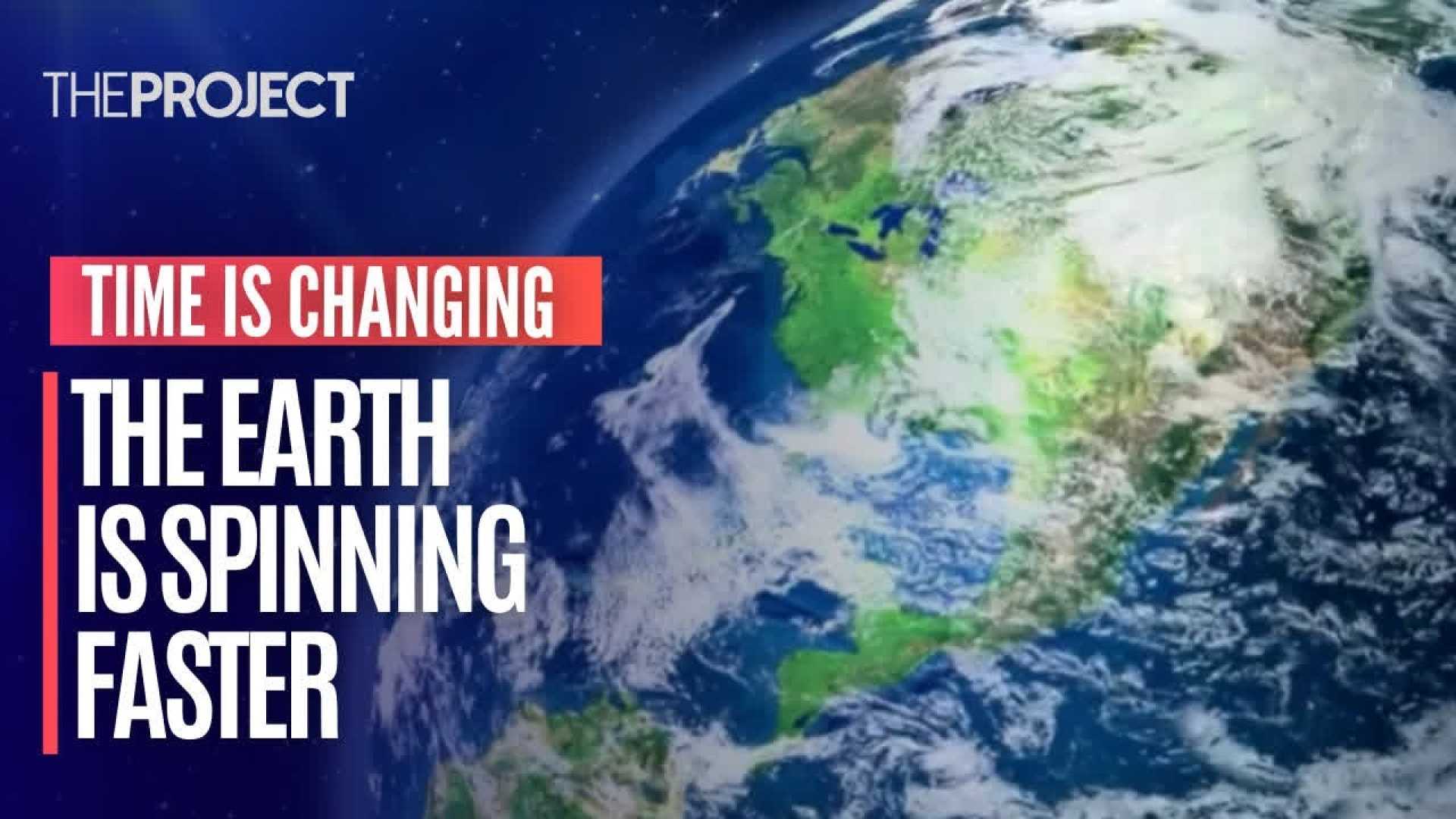News
Earth Spins Faster, Shortening Days and Raising Scientific Concerns

PARIS, France — Earth is spinning faster this summer, causing some days to be slightly shorter than the standard 24 hours. On July 10, the day lasted 1.36 milliseconds less than the usual 86,400 seconds, as noted by data from the International Earth Rotation and Reference Systems Service.
More notably short days are expected on July 22 and August 5, which are projected to be 1.34 and 1.25 milliseconds shorter, respectively. Scientists attribute these irregularities in day length to various factors, including the gravitational pull of the moon and seasonal changes in the atmosphere.
A full rotation of Earth is generally measured as 24 hours. However, fluctuations can cause the time it takes to vary slightly, typically resulting in discrepancies of only milliseconds. While these variations do not impact daily life, they can have consequences for technology services like computers and telecommunications.
Duncan Agnew, a geophysics expert at the Scripps Institution of Oceanography, explained that the trend of faster spinning days has been ongoing since 1972, highlighting that fluctuations resemble those seen in stock markets. Past decades saw Earth rotating more slowly, leading to the addition of “leap seconds” to Coordinated Universal Time (UTC) to align it with Earth’s rotation.
From 1972 to 2016, nine leap seconds were introduced to UTC. However, Agnew noted a 40% chance of requiring a negative leap second due to the current speed of Earth’s rotation. The implications of such an occurrence are concerning, similar to fears surrounding the Y2K problem at the turn of the century.
Research indicates that Earth’s faster rotation can be influenced by seasonal tidal patterns and global warming. Agnew mentioned that melting ice in Antarctica and Greenland is contributing to a slowing effect on Earth’s rotation, similar to a skater who spins faster when their arms are extended. Should climate change continue, its impact might one day exceed the moon’s influence on Earth’s rotation.
Benedikt Soja, an assistant professor at the Swiss Federal Institute of Technology, warns that the unstable nature of Earth’s rotation adds complexity to predictive models about our planet’s behavior. As scientists continue to monitor these changes, the future remains uncertain, although short-term phenomena could be part of natural variability.












